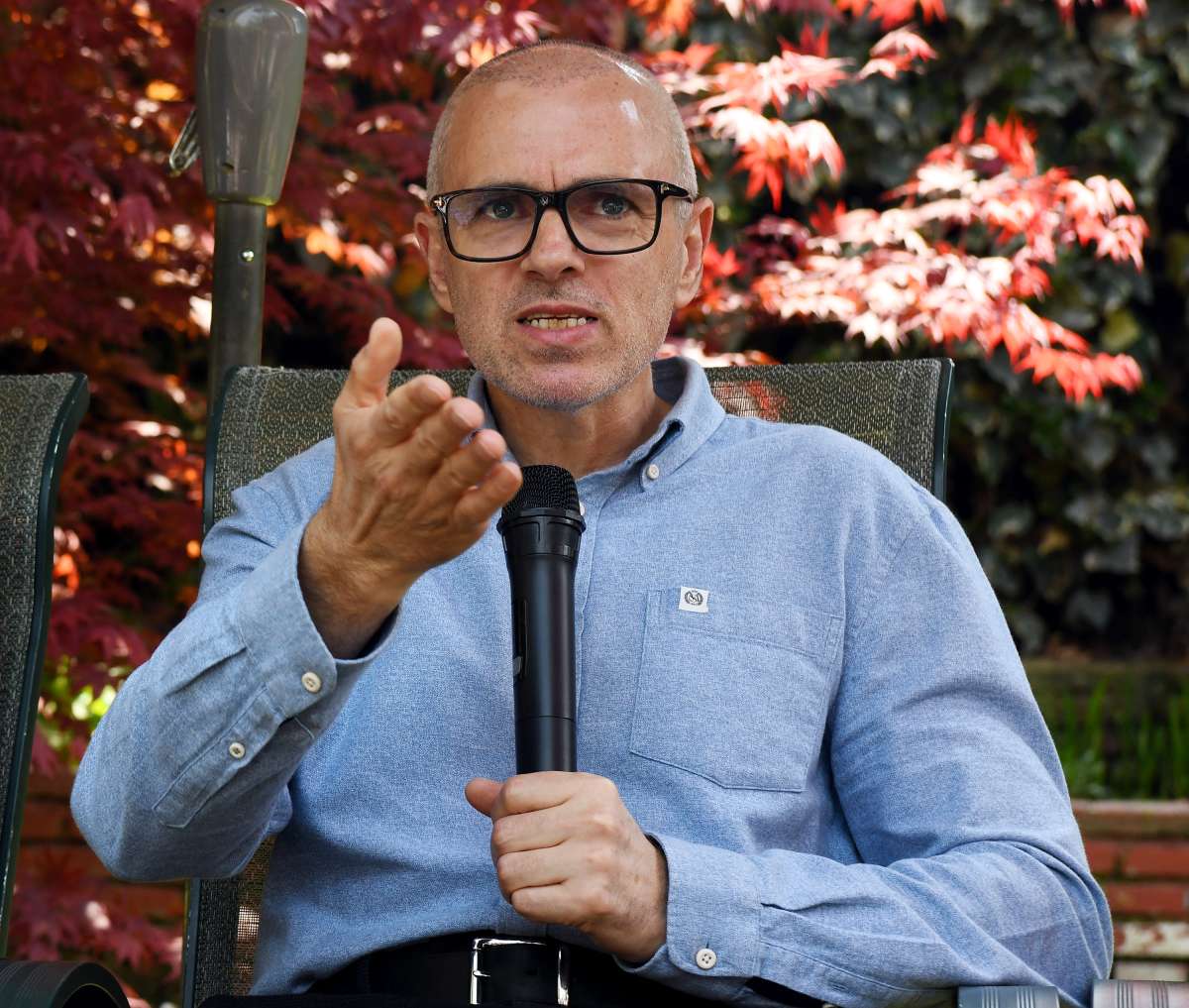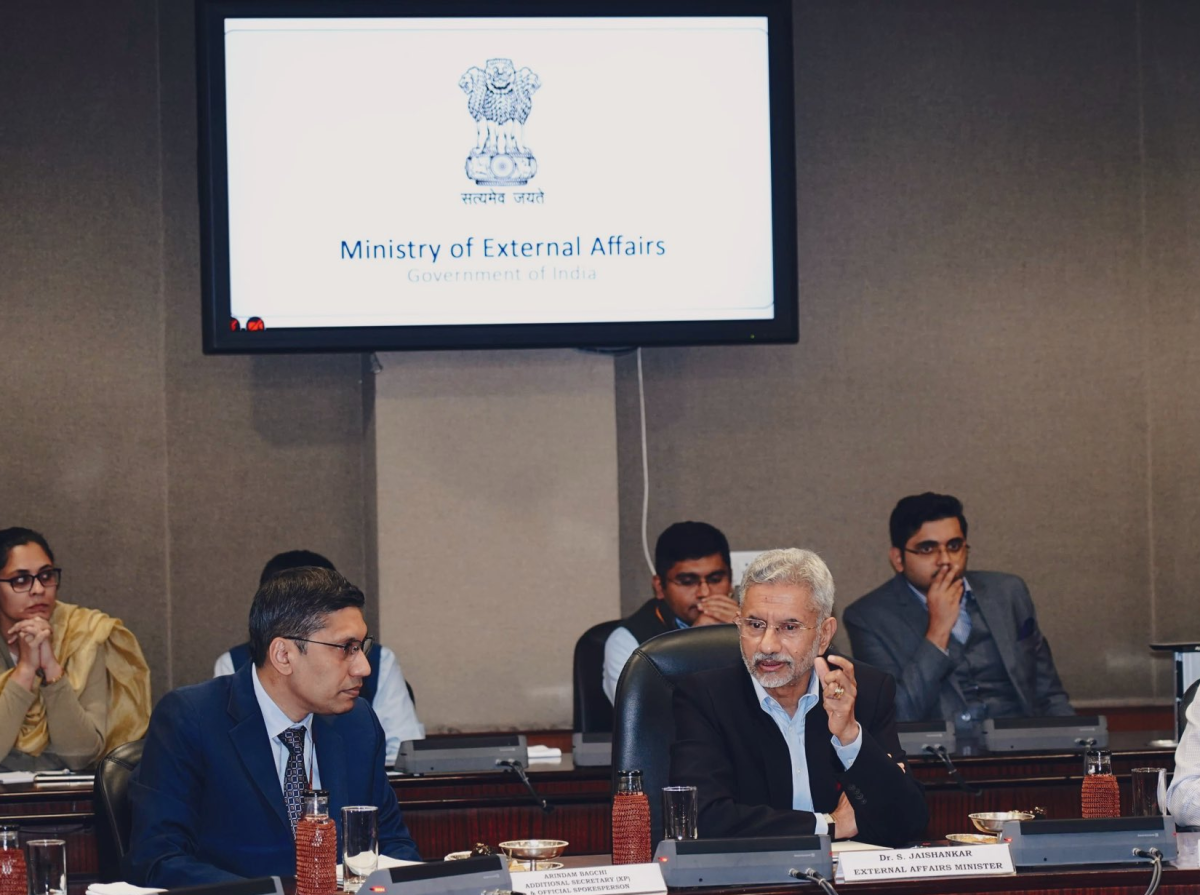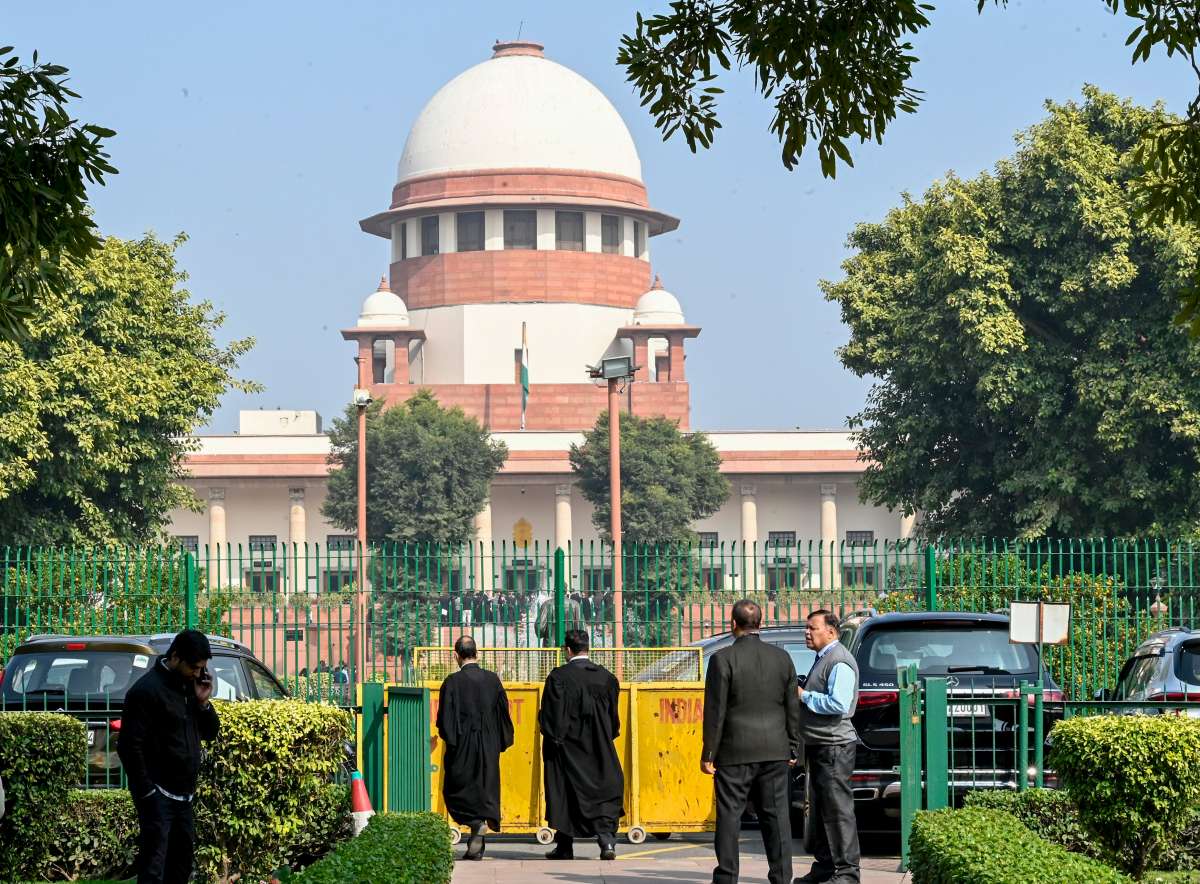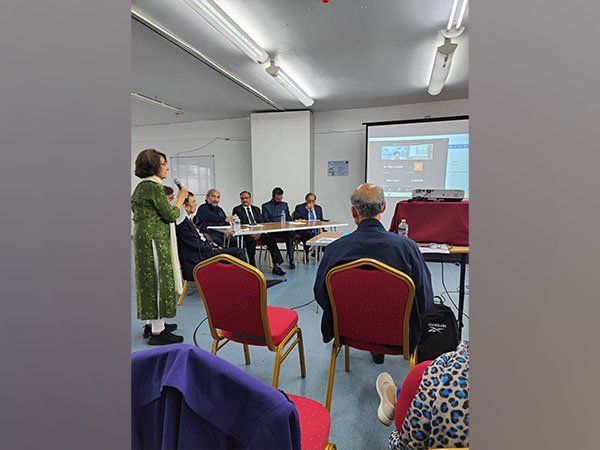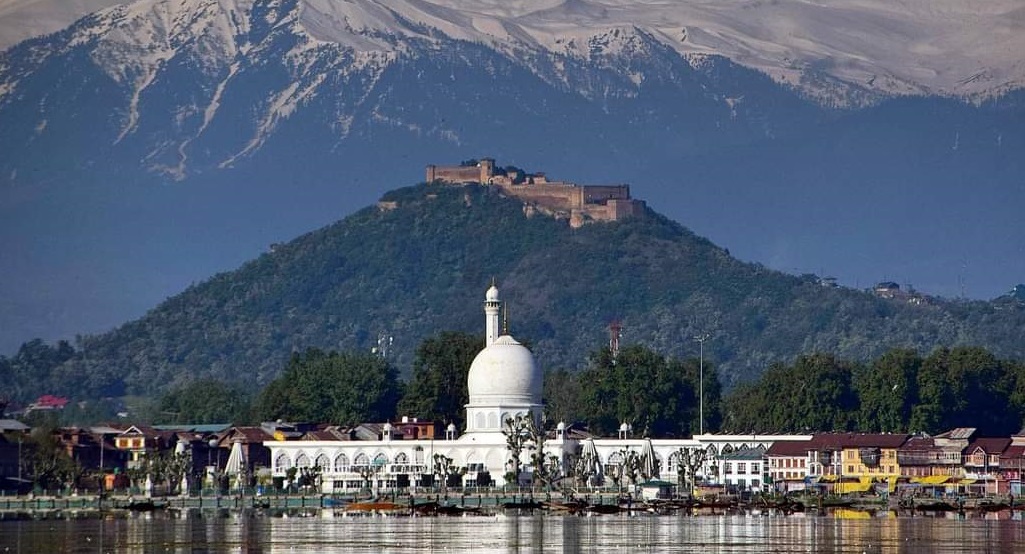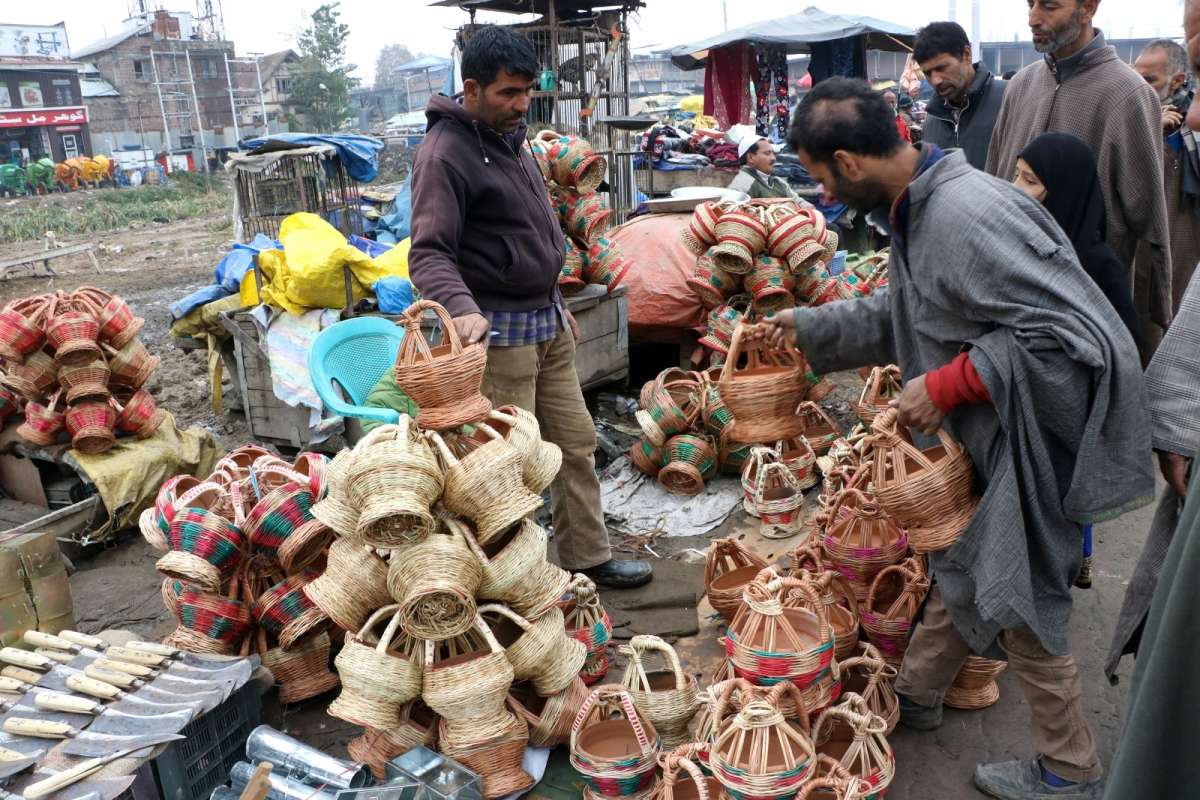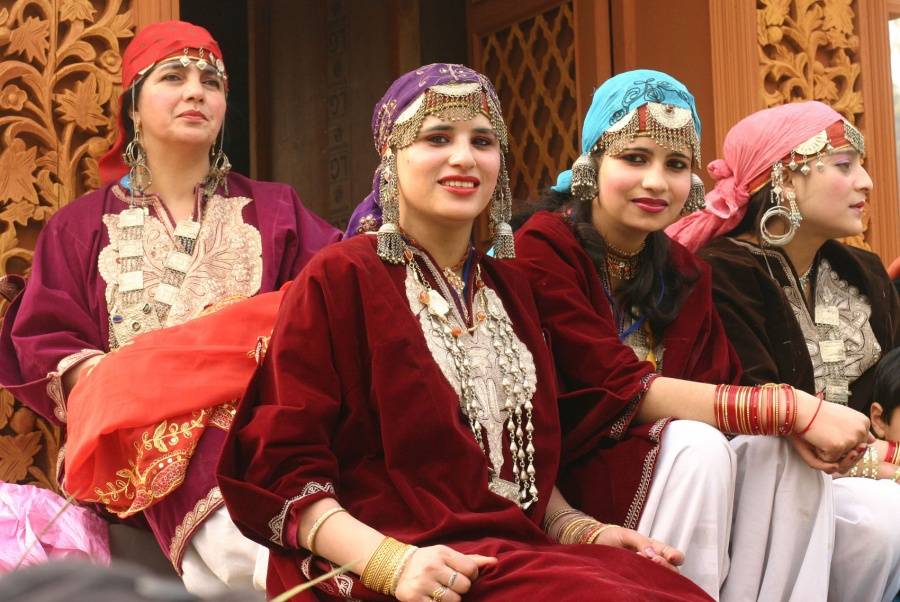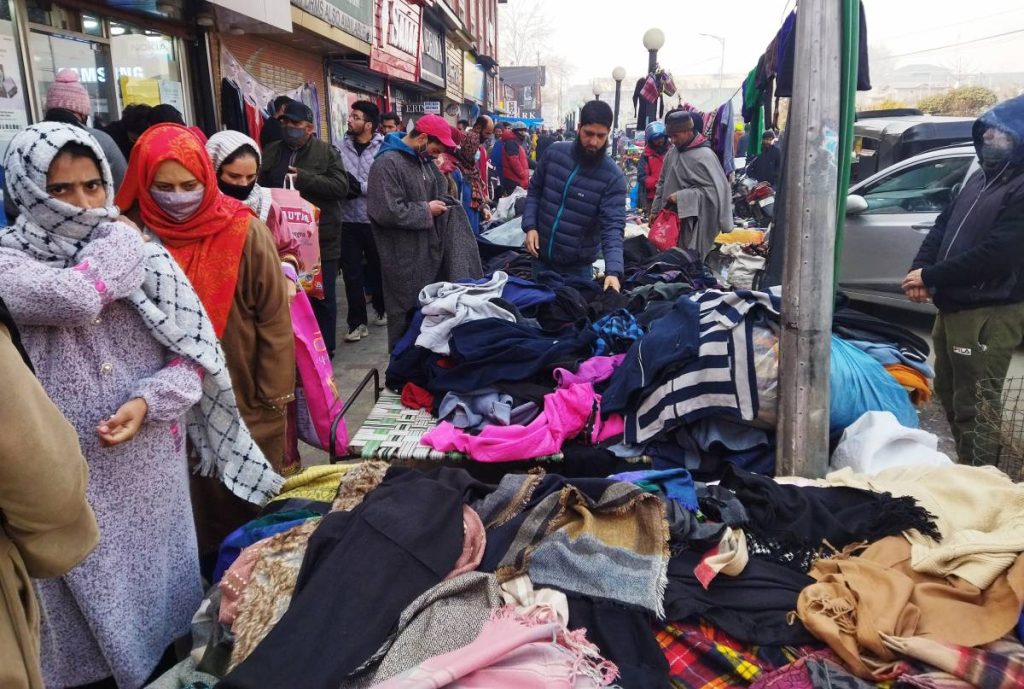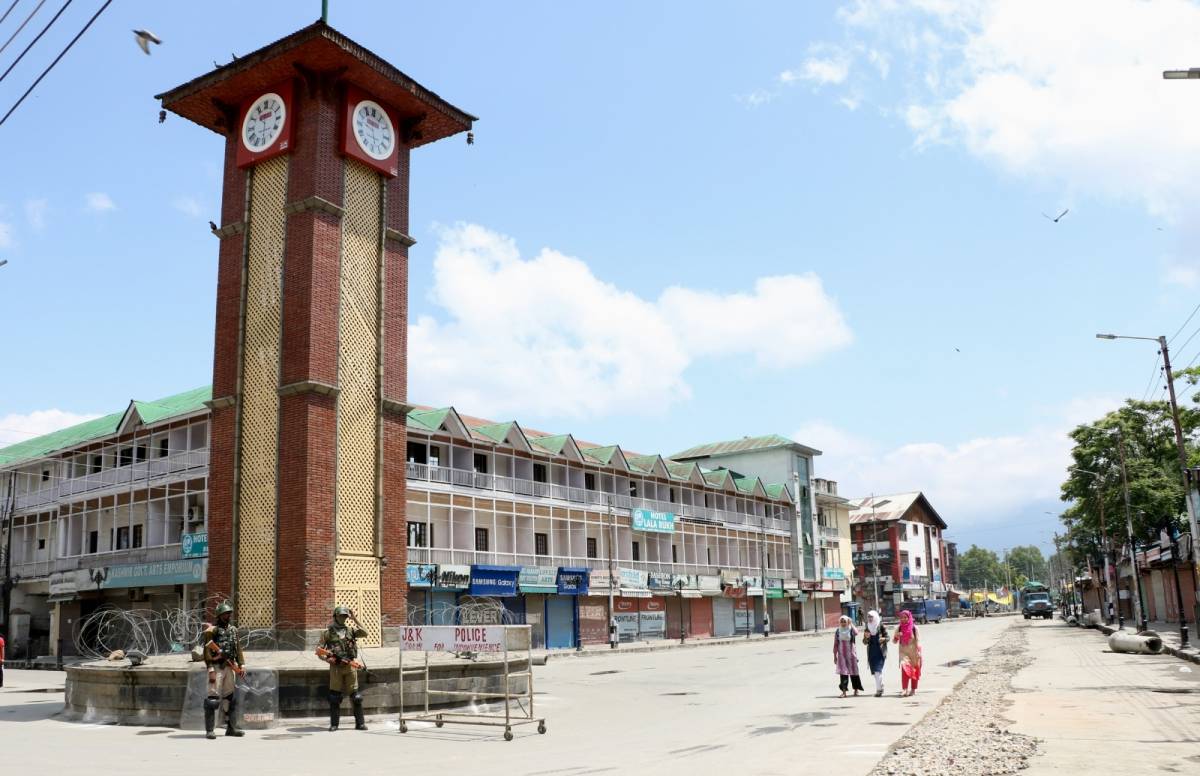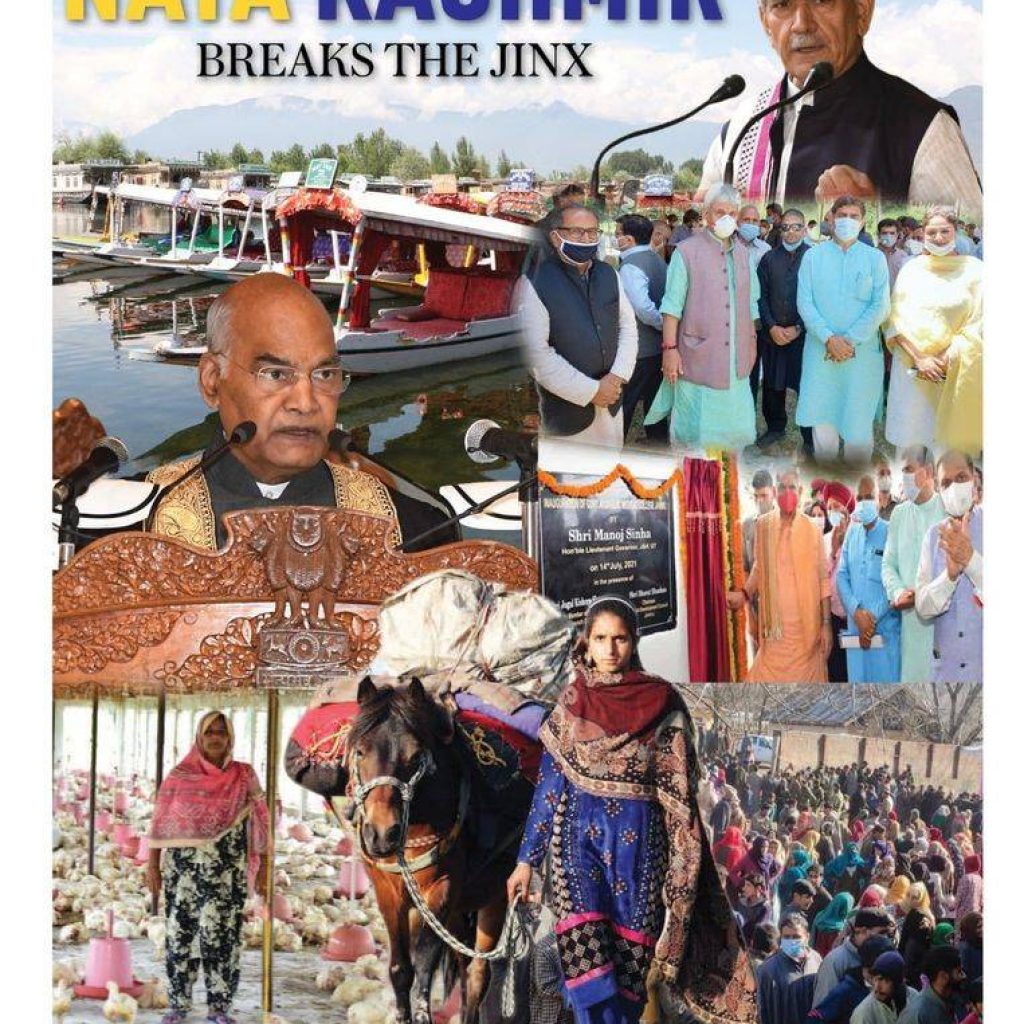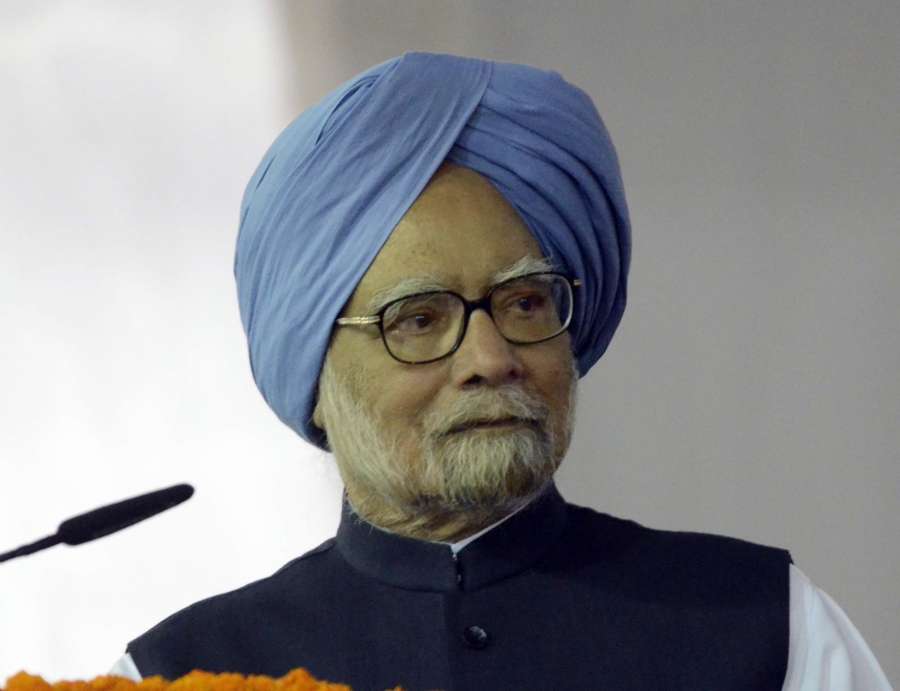Abdullah, who is contesting the Lok Sabha polls from north Kashmir Baramulla constituency, said the Supreme Court verdict on petitions challenging abrogation of the Article 370 was unfortunate…reports Asian Lite News
National Conference leader Omar Abdullah on Saturday said the Supreme Court upholding the abrogation of Article 370 does not close the issue and his party will keep it alive till a dispensation comes at the Centre that is willing to discuss the restoration of special status to Jammu and Kashmir.
“This government will not remain forever. There is no power on earth that can keep Prime Minister (Narendra) Modi in office in perpetuity, there is no power on earth that can keep the BJP in office forever. Every government has a finite term, some are longer, some are shorter. Why would you assume that no government will come in future that will be unwilling to talk to us on Article 370,” Abdullah said.
Abdullah, who is contesting the Lok Sabha polls from north Kashmir Baramulla constituency, said the Supreme Court verdict on petitions challenging abrogation of the Article 370 was unfortunate.
“I would like to believe that there will be a government in the future that will be happy to engage with us on our core issues of the special status of J-K and until that comes, we will keep our struggle alive,” he said.
“We will continue to fight for it and struggle for it. A stamp of the SC does not close the issue, because if a stamp closes the issue, then we had a stamp on Article 370 much before this one and the SC found in favour of Article 370. So, yes, the recent judgement is unfortunate, but that won’t stop our political fight,” the former J-K chief minister said.
He claimed that several opposition parties were also on the same page. “Even now we have friends who talk in favour of the restoration of 370, whether it is in Tamil Nadu or West Bengal or the Left. We have friends outside of J-K who see eye to eye with us on the issue of 370,” he added.
The former chief minister said just like the BJP did not stop talking about the abrogation of Article 370 even when it had two Lok Sabha members in the 1984 elections, his party will continue to talk about the restoration of the special status.
“When the BJP was reduced to two members of Parliament after the victory of Rajiv Gandhi following the assassination of PM Indira Gandhi, did the BJP stop? It kept talking about 370 despite setbacks in court. So, our struggle (also) will not end,” he said.
Asked about the “silence” of the Congress on the demand for restoration of Article 370, Abdullah said while he was disappointed, he would not blame his INDIA bloc ally.
“It is disappointing but I do not blame them. I have always maintained that J-K’s special status is the legacy of the Congress party. It was not an individual who gave it, it was the government that gave it “It was a sovereign commitment of the Union of India with the people of J-K, but you cannot escape the fact that it was the legacy of India’s first prime minister. Therefore, I would have been happier if the Congress had defended its legacy a bit more.
“But, I do understand the political compulsions that make it difficult for them to do it. What I find surprising is that when people, whose legacy is the map of J-K, actually celebrate its dismemberment, that I find surprising because J-K’s map is not a product of August 15, 1947, J-K’s map actually predates independence. So, I would like to have seen people whose legacy is the territorial boundary of J-K perhaps defend it a bit more,” he added.
ALSO READ-Visually Impaired Afghan Woman Recipient of US Women Award

